As a homecare medical device user, there are a number of things you should know how your device works effectively.
This blog post is aimed at providing you with a brief checklist of the items so that you may use and maintain your medical device safely and effectively at your home.
Follow the instruction, advice and directions of the supplier/doctor
- Ask your doctor or supplier questions about your device and take notes.
- Ask what do you need to operate your device.
- Do you need electricity, running water, telephone, or computer connections to operate your device?
- Check to see that your home is suited for your device.
- Do the stairs, doorways, bathrooms, house wiring, present any problems?
- Keep the Instructions guide for Use, close to your device.
- Pay attention to alarms and error messages.
- Be familiar with what the alarms and error messages mean.
- Follow the instructions as given.
- Call supplier for help if you don't understand how your device works.
- Report to your doctor or device supplier any new problems you have with the device
Take care of your home use medical device and operate it according to the manufacturer's advice or doctors’ instructions.
- Read the instructions carefully for taking care of your device and follow them for:
- Cleaning, replacing batteries, filters
- protecting your device (e.g. keep food and drinks away from your device).
- Can you safely take your device from home to school, work, church, and vacation spots?
- Check ahead to see if these other places are suited for your device.
- Dispose of your medical device according to the manufacturer’s instructions.
Always have a back-up plan and supplies.
- Make sure you know what to do if your device fails to function.
- Have emergency phone numbers for suppliers, homecare agency, doctor, and manufacturer. Make sure that you have the after-hour phone numbers available with you.
- If appropriate, keep extra batteries for your device. It is also important to know how to replace them.
Educate your family and caregivers about your devices.
- Include them in hospital planning meetings or any device demonstrations.
- Ask them to do a hands-on demonstration to show they can effectively use the device.
Keep children and pets away from your home-use medical device.
- Don't let children play with dials, settings, on/off switches, tubings, machine vents, or electrical cords.
- Don't allow pets to chew or play with electrical cords.
- Check with your supplier to see if you can turn off your device and how when not using it.
Contact your doctor and home healthcare team often to review your health condition.
- Check to see if there are new conditions that may change the way you or your caregiver use the device.
- Are there changes in vision, hearing, ability to move?
- Have you had an illness, new medicines, loss of feeling?


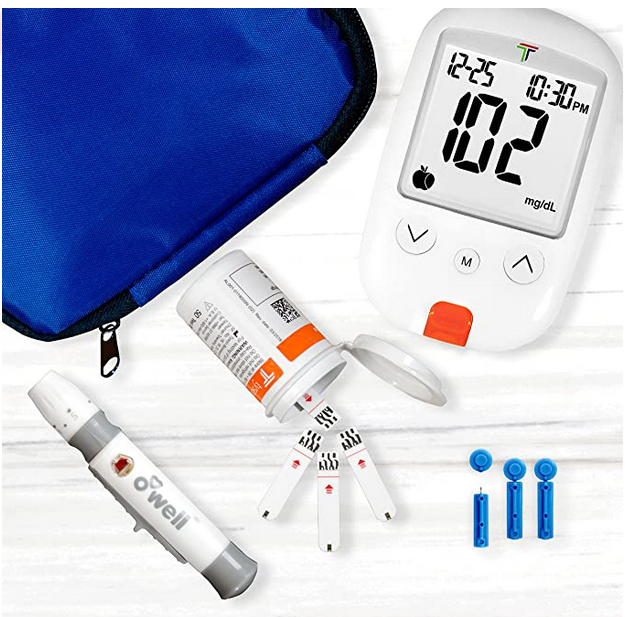

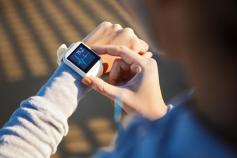

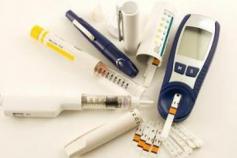
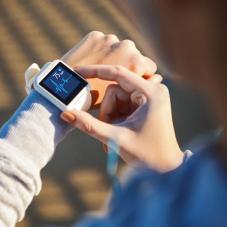
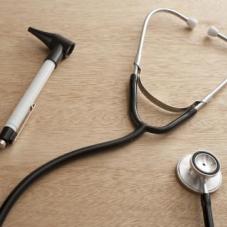
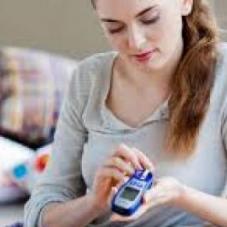
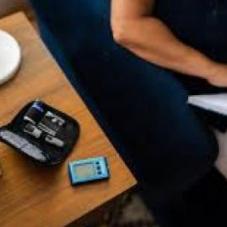
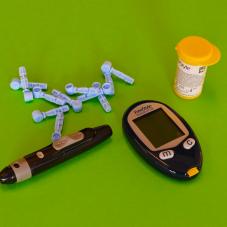


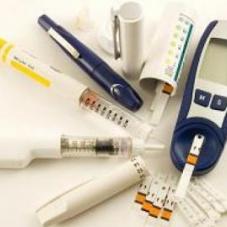
0 Comments